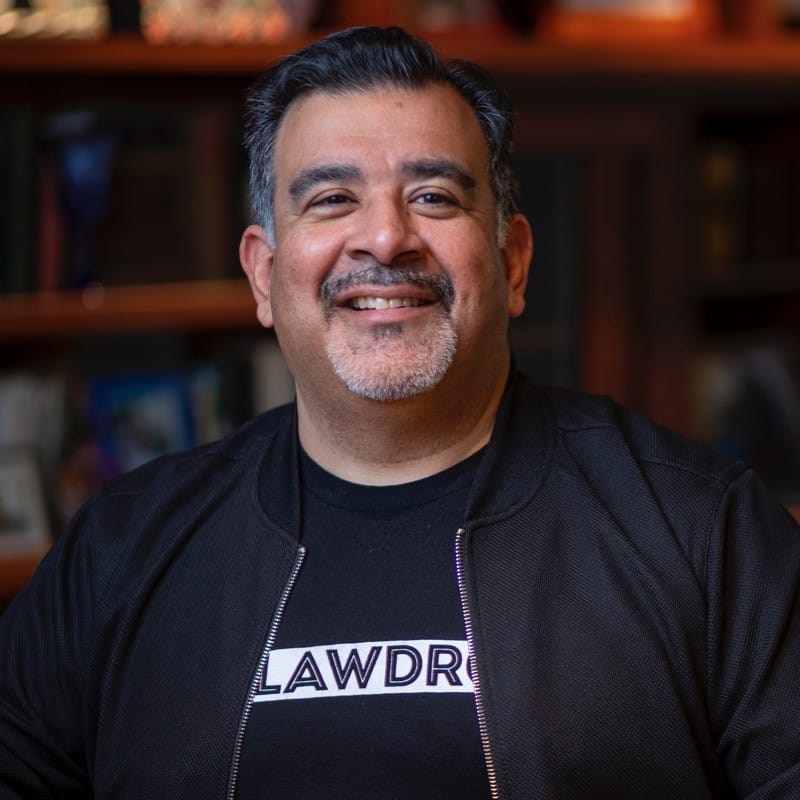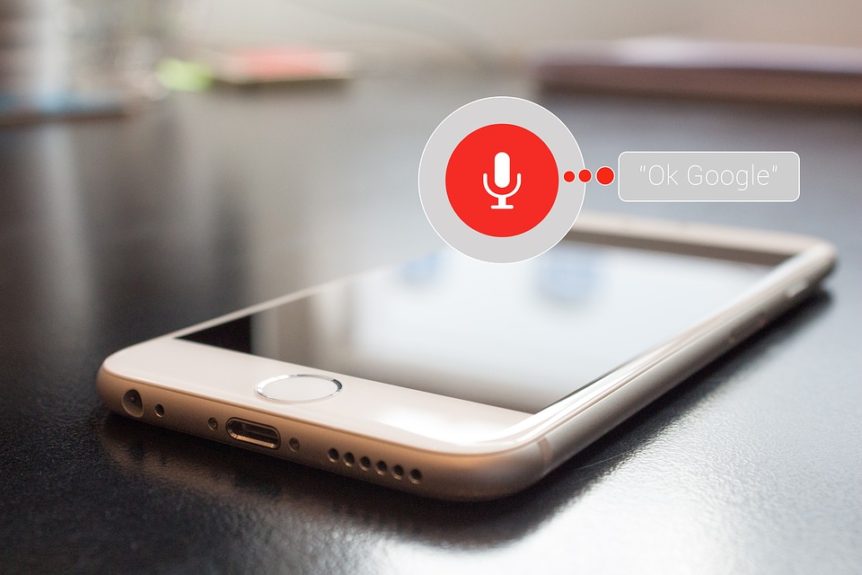Siri, Google Assistant, Alexa, Lyra, Cortana, Databot, Jarvis…there are so many voice assistants to choose from. If you have an iPhone, you already have access to Siri. If you have an Android device, Google Assistant is likely already installed. Although voice assistants are primarily accessed from smartphones, it won’t take long before they are easily accessed on a desktop and laptop. Although many people tend to practically live and die by their smartphone, voice assistants aren’t used to their full potential (or by very many smartphone users).
Could a voice assistant make law firm life easier? Yes! Here’s how they can help.
They Can Make Your Law Office “Smarter”
Stand-alone voice assistants, such as Echo and Alexa, can be used to control various devices in your law firm, turn on and of lights, and order office supplies. In fact, Alexa has 15,000 different skills (things it can do). You can also use it to order rides for expert witnesses or even for yourself, use it to type out Slack messages on your behalf, stream music through your office, and order lunch.
Create Appointments and Schedule Meetings
You can use a voice assistant to create appointments and schedule meetings. Stand-alone voice assistants and those available for your phone have the ability to access your calendar. You can tell it “set appointment” and then tell it the time, place, and set reminders or notifications. You still have the ability to go in and manually adjust the meeting or appointment.
Get Emergency Help
Unfortunately, life can throw anyone a curve ball. If you have a medical emergency and cannot pick up the phone, stand-alone voice assistants can often contact the authorities on your behalf to request help. Check your smartphone voice assistant to learn if this is a service that is provided.
Make Calls and Send Texts
Your voice assistant has the capability to make phone calls and send texts on your behalf. You’re able to keep both hands on the wheel (or keep typing away on that response) while making phone calls and sending out text messages. With stand-alone units, they may only have the capacity to call others who have the same system.
Draft and Send Emails
Voice assistants can create emails and send them when you’re ready. Just remember to read the email before it is sent. This can help you prevent an embarrassing situation involving the wrong words. Voice assistants are great for saving time, but they’re not always totally accurate.
Create and Use Timers
Voice assistants have the ability to create timers and turn them on when requested. This feature can be used to increase your productivity. Consider pairing this idea with your favorite timed productivity technique, such as Pomodoro.
Reminders and Alarms
Use your voice assistant to create reminders for important deadlines and appointments. You can even use it to set alarms as needed.
Research and News
Voice assistants can also be used for various forms of Internet research. If you attempt to use it for legal research, make sure that you double check the results before you use them. Free legal research sites don’t always have the most up-to-date decisions. It can also read the news headlines to you.
Make the Most Out of Your Voice Assistant
If you have a voice assistant app on your phone or if you have Echo or Alexa in your law office, learn how it can help you with your specific needs. You could be pleasantly surprised at the outcome!

Tom Martin is a legal AI advocate, lawyer, author and speaker.
He is CEO and founder of LawDroid, a Generative AI Legal Technology company, and co-founder of the American Legal Technology Awards.
Tom has been recognized as an ABA Legal Rebel and Fastcase 50 Honoree.
Tom has presented as a speaker at ABA Techshow, LegalWeek, ILTACON, Clio Con, Legal Innovators, and many others. Tom’s writing has been published in the ABA’s Law Practice Today, Law Technology Today and GP Solo Magazine, to name a few; he has also been featured on numerous podcasts, including Legal Rebels, Un-Billable Hour, Lawyerist, the Digital Edge, and New Solo.
Tom also has his own podcast: LawDroid Manifesto on iTunes. Subscribe to his Substack at lawdroidmanifesto.com.
He serves as a mentor at the Yale Tsai Center for Innovative Thinking and ATJ Tech Fellows. Tom is a graduate of Yale and UCLA School of Law.
Born and raised in Los Angeles, California, Tom now lives in Vancouver, Canada with his wife and two daughters.

